FPS Drops After RAM Upgrade
FPS is a measure of the performance of a game or other graphics application. Lower FPS will greatly affect the gaming or computer experience. Upgrading RAM is an important means to improve the game’s frame rate and reduce game screen freezes and delays. However, upgrading RAM does not always have positive effects, and sometimes you will experience low FPS after RAM upgrade.
Facing low game FPS, you can try the methods listed below to solve the issue.
Solutions to Low FPS After RAM Upgrade
Solution 1. Run Windows Memory Diagnostic Tool
Windows Memory Diagnostic is a tool built into Windows for testing and optimizing your computer’s RAM performance. If the game FPS drops after upgrading RAM, you can run this tool to detect the problem.
First, press the Windows + R key combination to open Run.
Second, type mdsched in the input box and press Enter to open Windows Memory Diagnostic.
Third, save all open works, then select Restart now and check for problems (recommended). Or, you can choose to check for the problems the next time you restart the computer.
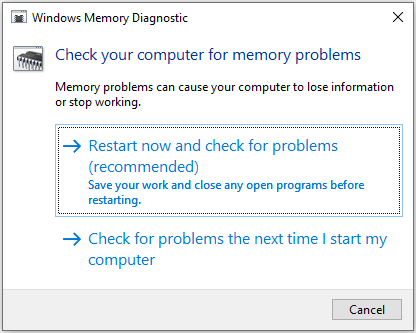
After restarting the computer, the diagnostic tool will automatically scan your memory and check for problems. It will provide a report with any errors if some issues are found.
Solution 2. Update/Roll Back the Graphics Card Driver
Sometimes, the FPS drop is not caused by a RAM upgrade but is related to the graphics card driver. Outdated or damaged graphics card drivers, incompatible drivers after automatic system updates, etc. may lead to lower FPS. In such situations, you can try to update the graphics card driver or roll back it to a previous version.
Step 1. Right-click the Start menu on your taskbar and choose Device Manager.
Step 2. Expand the Display adapters option, then right-click the target device and choose Properties.
Step 3. In the new window, under the Driver tab, choose the Update Driver option or the Roll Back Driver option. Then, you need to follow the on-screen instructions to complete the process.
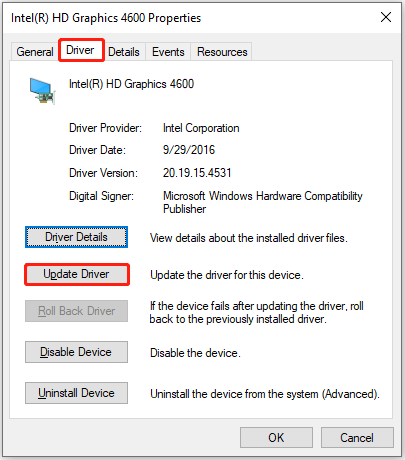
Solution 3. Cool Down the CPU
If you use the computer for a long time after upgrading the RAM, the CPU or graphics card temperature will increase, which may be the reason for the game FPS drop.
To rule this out, you need to clean the fan and radiator and make sure there’s no dust or debris near them. In addition, you can close unnecessary background applications to reduce CPU load, or simply shut down the computer temporarily and wait for it to cool down before using it.
Solution 4. Check for Malware or Viruses
Malware or computer viruses may cause abnormal usage of system resources, resulting in reduced game FPS. In this case, you can use Windows built-in antivirus software, Windows Defender, or other antivirus to scan your computer for viruses and kill them.
To run a virus scan on Windows 10, you can go to Settings > Update & Security > Windows Security > Virus & threat protection > Quick scan.
MiniTool Power Data Recovery FreeClick to Download100%Clean & Safe
Bottom Line
If the game FPS drops after RAM upgrade, the methods listed above may be of great help. Note that RAM is not the only factor that affects game FPS. Graphics cards, CPU, hard disk type, etc. are all closely related to FPS as well.
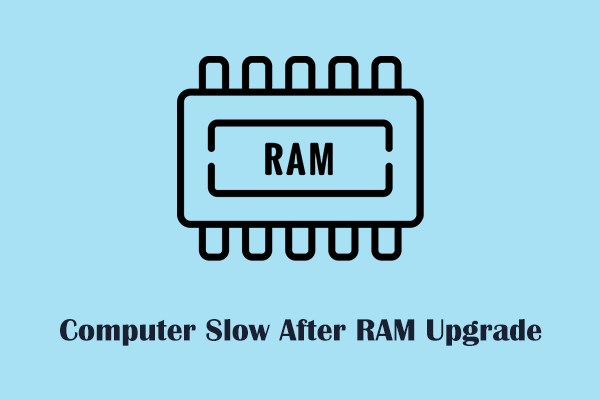
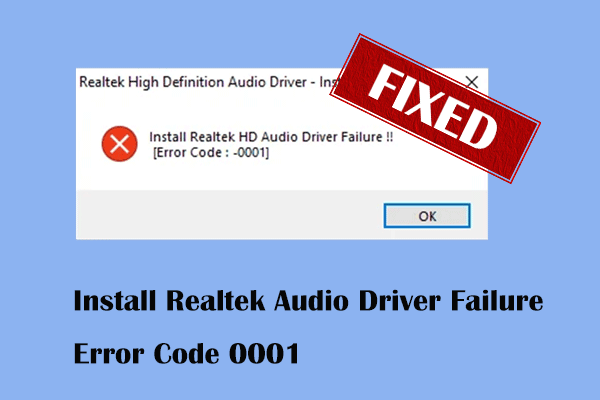
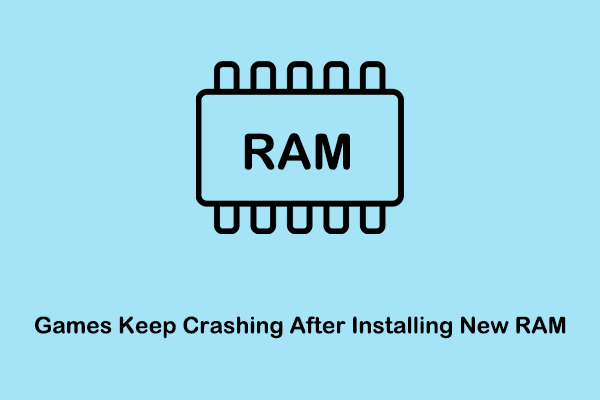
User Comments :